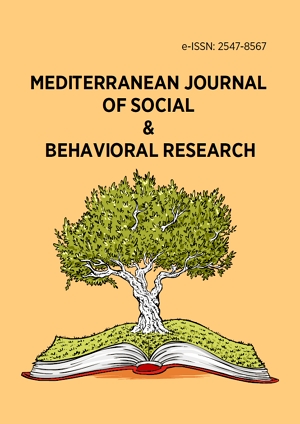Abstract
This study underpins the crisis risk communication (CRC) theory, investigating the integral role of social media in Pakistan towards COVID-19, its influence on cognitive priming processes, and behavior regulation. Empirical findings reveal predominantly positive public sentiment toward preventive behaviors, with mask-wearing and sanitizer use widely embraced. However, the inclination to avoid gatherings with risk groups is comparatively lower. This collective adherence to preventive measures suggests a shared effort to curb COVID-19, influenced by factors like the perceived helpfulness of social media. The populace exhibits a predominantly favorable attitude towards COVID-19 vaccination, signifying widespread acceptance of vaccines within the country. Additionally, the study assesses public satisfaction with the government’s pandemic management, revealing an overall positive sentiment. Nonetheless, concerns emerge regarding essential needs, including food, shelter, and treatment. Enhancing our insight, this study sheds light on the intricate interplay between CRC, social media, and public behavior amidst a health crisis. The insights gleaned from this study provide valuable guidance for policymakers and public health practitioners to refine future communication strategies and address societal concerns effectively during pandemics.
License
This is an open access article distributed under the Creative Commons Attribution License which permits unrestricted use, distribution, and reproduction in any medium, provided the original work is properly cited.
Article Type: Research Article
MEDITERR J SOC BEH RES, Volume 8, Issue 2, June 2024, 43-53
https://doi.org/10.30935/mjosbr/14435
Publication date: 01 May 2024
Online publication date: 04 Apr 2024
Article Views: 3282
Article Downloads: 1655
Open Access References How to cite this article
 Full Text (PDF)
Full Text (PDF)